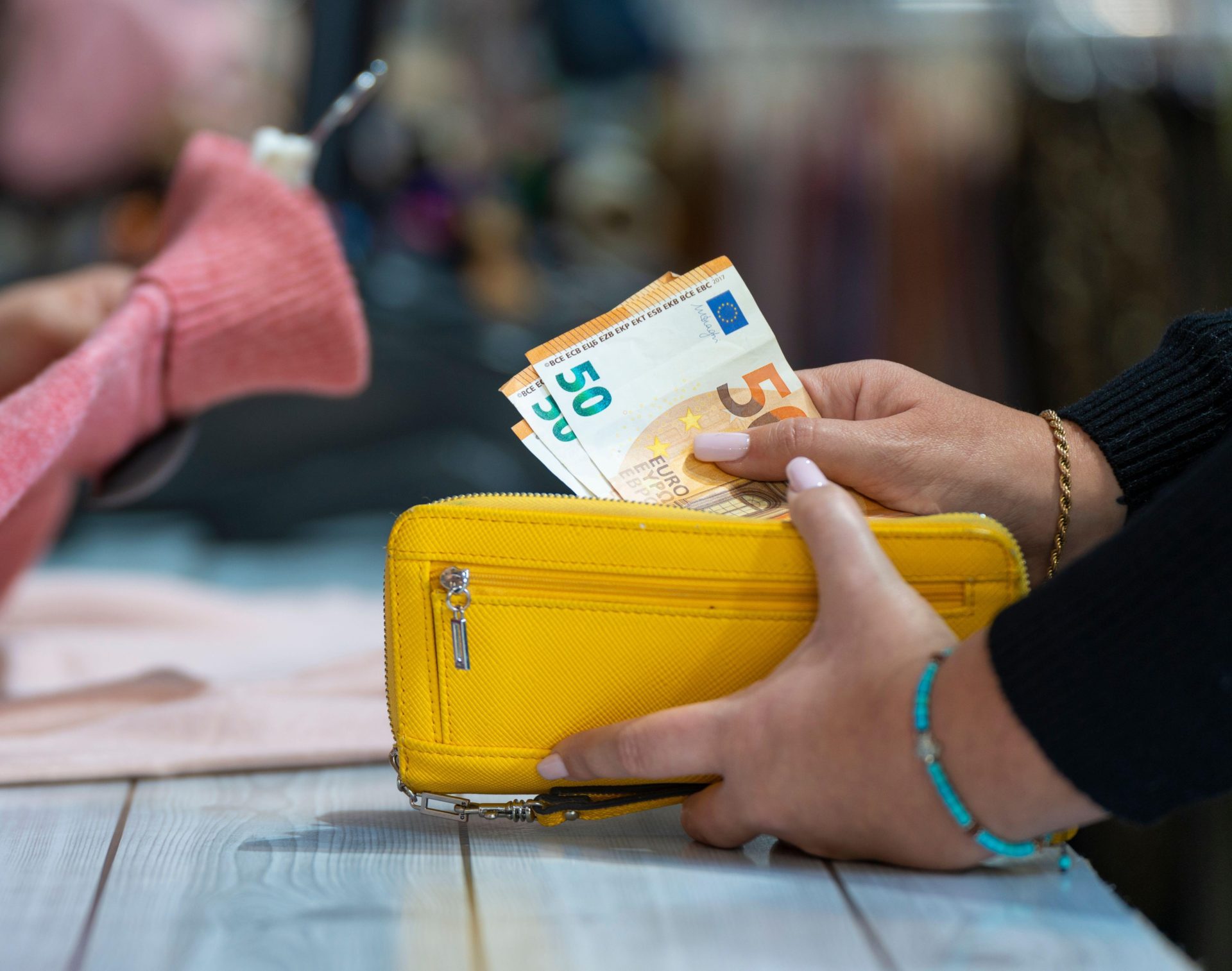New laws ensuring people continue to have ‘Access to Cash’ are going before Cabinet this morning.
The laws will force supermarkets and pharmacies to accept cash – because medicine and groceries are considered essential services.
They also set down regulations to ensure the country has a minimum number of ATMs for every 100,000 people.
Consumer journalist and host of The Home Show Sinead Ryan told Newstalk Breakfast the bill is about inclusion.
"It came about after the retail banking review of 2022 - this is a key recommendation," she said.
"It's purpose really is to ensure, at least for the time being, that cash is available as a means of payment and at ATM machines.
"It's to avoid people being financially excluded; for whom digital banking or digital money simply isn't an option.
"It's to provide for those who like to budget in cash - people on very low incomes or maybe social welfare benefits."
'A safety net'
Sinead said the new Access to Cash legislation is also there as a safeguard for people.
"Its recommendation is to provide a safety net against e-banking and cyber-attacks," she said.
"To have cash always available, protect ATM availability and make sure that banks follow through on that".
Sinead said it's unclear if the bill will force retailers to accept cash.
"It certainly means that every single public body should [accept cash] and most retail outlets will," she said.
"We know, at the moment, there is an increasing number of places that say 'Card Only' - they tend to be very small retail units that just don't have cash-handling facilities.
"It's unclear as yet if it's going to be mandatory that everybody has to accept cash but certainly any of the bigger transactional places certainly will".
 A customer taking cash from her wallet in November 2022. Image: Marc Calleja / Alamy
A customer taking cash from her wallet in November 2022. Image: Marc Calleja / AlamySinead said cash usage has been dropping across Europe in recent years.
"It was particularly evident during the pandemic, it kind of sped it up," she said.
"There are countries that have started to go entirely cashless [like] Denmark and Sweden.
"In Sweden only 2% of transactions are cash; however, they've actually rolled back on that and they've had to put cash access legislation in place.
"Even that 2% was enough people [who] weren't able to get to grips with digital technology or the broadband didn't reach.
"That's an issue particularly in rural Ireland," she added.
Denmark reported 221 bank robberies in the year 2000; in 2022 they had no bank robberies for the first time ever.
In Ireland the use of physical cash has fallen from €20 billion before the pandemic to €13.5 billion in 2022.
The use of ATMs has also declined by almost 45%.









